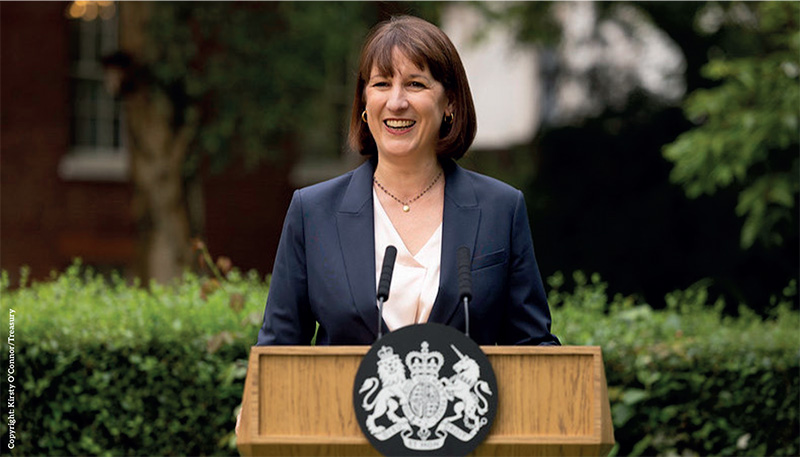Inheritance tax receipts for April to July 2024 have come in £200m higher than the same period last year at £2.8bn, according to HMRC.
The latest rise follows figures released in May showing a take of £700m in April, an increase of £85m on the amount received in April 2023.
The annual amount taken in last year was a record £7.5bn as more estates were dragged in due to the thresholds not moving up over time.
Removal of some IHT reliefs is reported to be in the sights of the recently installed Labour government as it seeks to increase the tax take via its upcoming first Budget on 30 October.
Laura Hayward, tax partner at Evelyn Partners, said: “Annual rises in inheritance tax paid are pretty much a given these days, as property and financial market assets continuing to rise in value, and IHT allowances remain frozen.
See also: How to adjust to the new normal for interest rates
“Inevitably, as more estates find they exceed the nil-rate bands, and more assets in each liable estate become taxable, the IHT take creeps upwards. With no complaints on that from the Treasury, there is little incentive for the Chancellor to halt this trend,” she continued. “Rather, there will be a temptation to capitalise on it to fill gaps in the public finances.
“Senior Labour figures have made it clear they think certain reliefs – specifically business and agriculture property relief – are too generous and think-tanks seem keen that defined benefit pension pots are brought into the remit of IHT. We already know that the new Government will crack down on ‘abuse’ of reliefs and that can easily lead to a review of the reliefs themselves.”
Rachael Griffin, tax and financial planning expert at Quilter, added: “This increase, ahead of first Labour’s first autumn Budget, will rekindle debates about whether this tax will be increased as the government attempts to shore up public finances.
See also: FCA lays out plans for traffic light ratings of DC pensions
“At the same time, PAYE income tax and national insurance receipts for April 2024 to July 2024 have climbed to £143.4bn — an increase of £2.3bn compared to the same period last year.
“While Labour has pledged not to raise taxes on working people, the ongoing freeze on income tax thresholds, combined with wage growth, is pushing more individuals into higher tax brackets, further driving up these receipts,” she continued.
“While it’s unlikely that there will be any changes to the thresholds at the Budget this is not a situation that can run and run and its pledge to not tax working people becomes less meaningful as more people who don’t consider themselves wealthy pay higher rate tax.”








